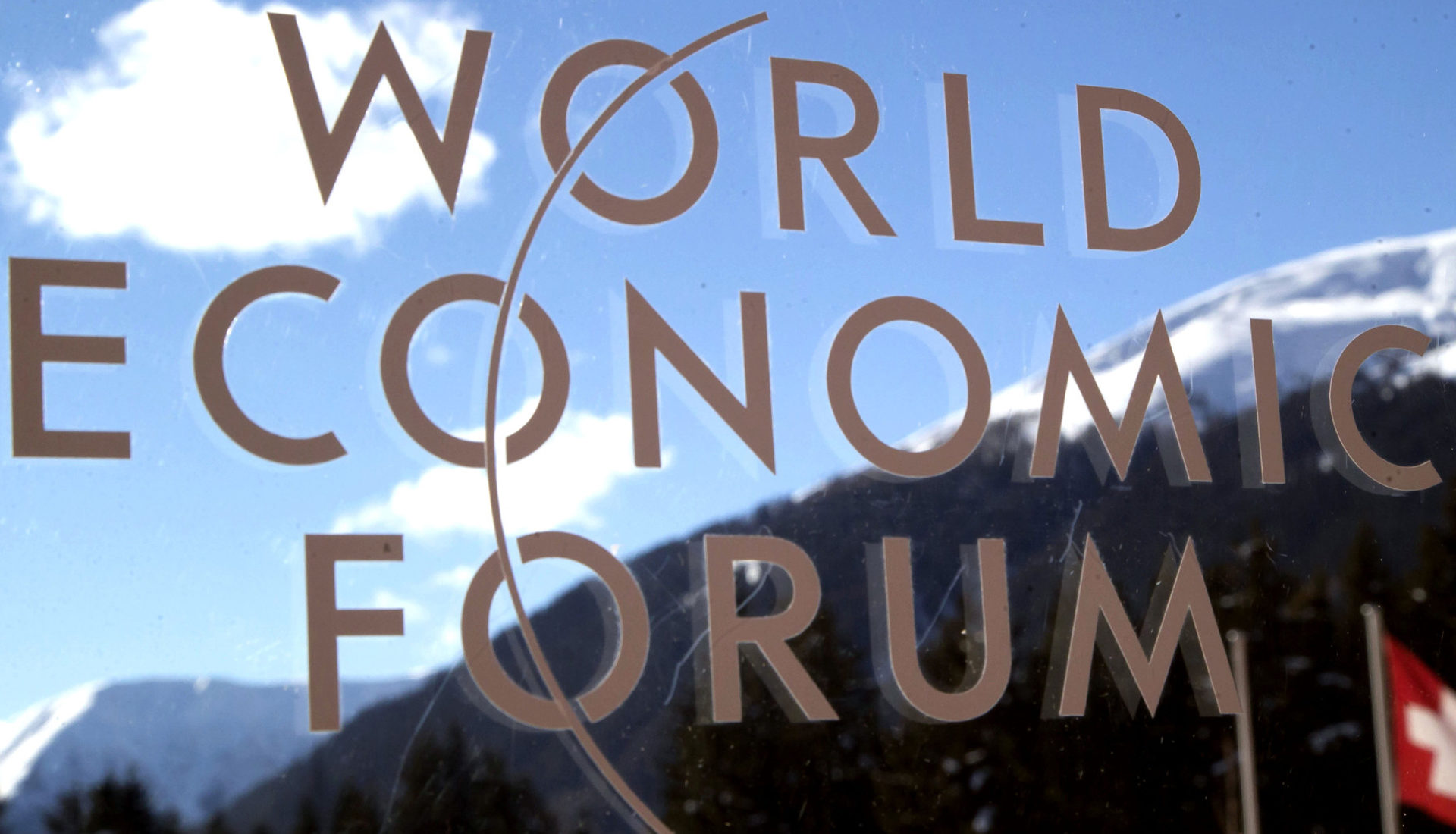According to a Greenpeace report, 24 contributors to the World Economic Forum in Davos this year are lucrative supporters of fossil fuels.
The 50th World Economic Forum (WEF) has kicked off in the Swiss city of Davos this week with an agenda focused heavily on climate change. The four-day annual gathering of some of the world’s top political and business leaders is seeking to meet head on the dangers global warming poses to humanity and, notably, its economy.
Though the snowy Swiss Alps might not seem like the most exemplary place to discuss the world’s rapidly rising temperatures, the WEF professes close ties to climate activism. Greta Thunberg’s address at this event last year is arguably what catapulted her to notoriety. Greta spoke again this year, closely followed by a keynote speech from her close friend and confidant Donald Trump, who proceeded to show great magnanimity and grace by trashing her on the world stage once more.
Representatives from 117 countries and 121 nationalities have thus far descended on Davos, including six representatives each from the Bank of America, Citi, Goldman Sachs, HSBC, Blackrock, and Russian-lender Sberbank. There are 17 more major banks sending five-person delegations, and a host of other representatives from the financial sector, theoretically all present to engage in climate discussions.
But these same institutions have recently been accused of mass hypocrisy by a Greenpeace report which exposes their continued support of the fossil fuel industry.
The report highlights that 24 of the biggest financial institutions in attendance at Davos have provided a cumulative total of $1.4tn (£1.1tn) to the hydrocarbon sector since the Paris agreement set new emissions reduction goals in 2015.
This support has included loans, debt underwriting, equity issuances, and even direct investment. The report, called It’s the Finance Sector, Stupid (catchy title), additionally shows that some major insurers and pensions funds present in Davos are key supporters of polluting industries and coal magnates. JP Morgan alone has provided $195bn worth of support since 2015.



















